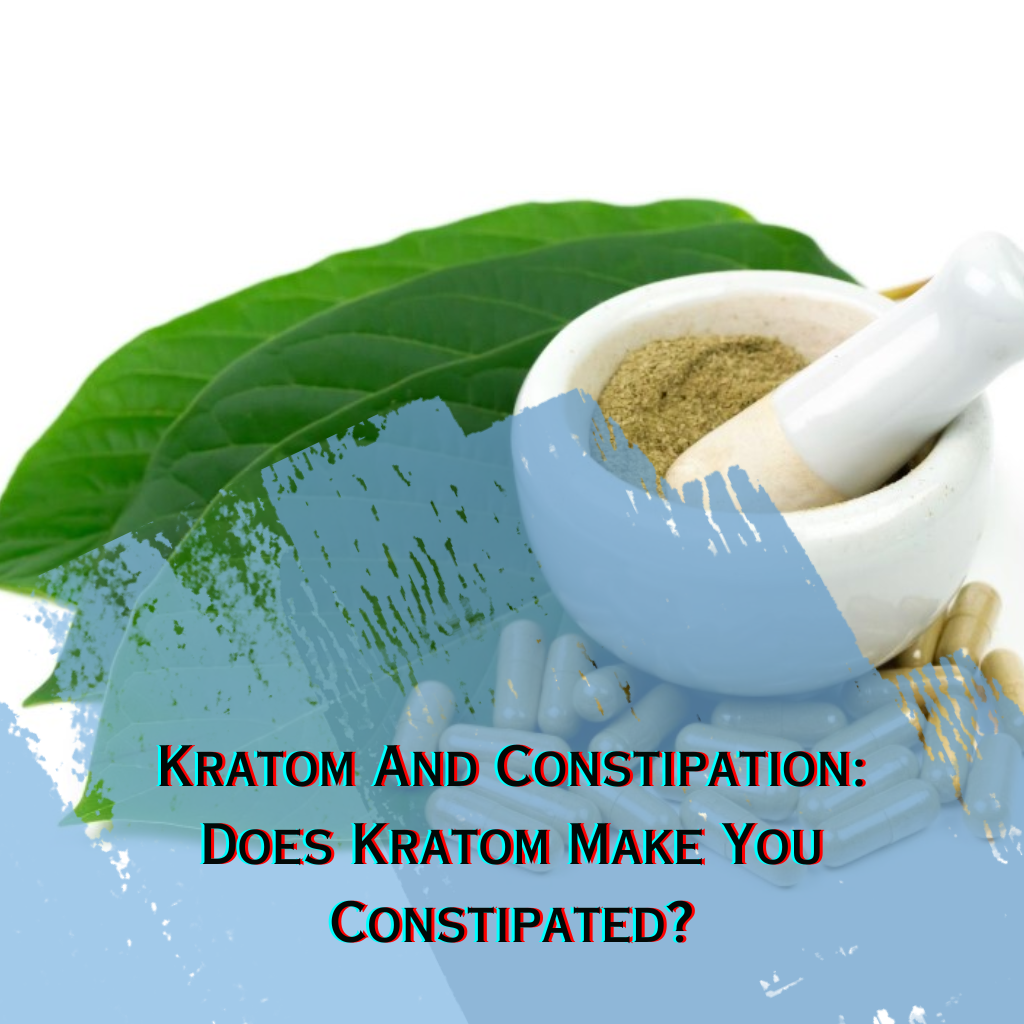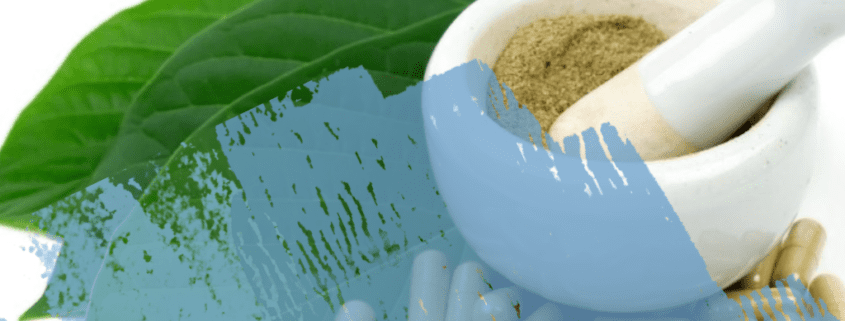Kratom And Constipation: Does Kratom Make You Constipated?

Kratom is a popular herbal supplement. It can cause constipation as a side effect. Let’s explore this connection and look for potential causes and solutions.
Kratom is growing in popularity as a replacement for traditional medicines and recreational substances. But, some users experience constipation. This is strange since it’s a plant-based substance.
Why? Kratom has alkaloids. These slow down digestion and reduce bowel movements. Waste builds in the intestines, leading to constipation. Dehydration also contributes to this issue.
To prevent constipation, make sure you stay hydrated and have a balanced diet with fiber-rich foods. Hydration softens stools and helps with regular bowel movements. Fiber helps digestion and prevents constipation.
Individual experiences may vary. Some people don’t experience any constipation. Before using kratom, talk to a doctor.
Understanding kratom and constipation
Kratom, a herb from the Mitragyna speciosa tree, has many benefits. But it can also cause side effects, like constipation. This happens because kratom alkaloids interact with receptors in the gut, slowing down bowel transit time.
To help with constipation from kratom, have a balanced diet with lots of fiber. Eat fruits, vegetables, whole grains, and legumes. Exercise can also help, by stimulating intestinal activity.
If you take kratom, remember that constipation can be managed with lifestyle changes. Be aware of your diet and hydration levels.
Traditional cultures have known about kratom’s effects on digestion for centuries. In Southeast Asia, locals have strategies to counteract constipation through dietary adjustments. This shows how much they know about kratom’s impact on the body.
Causes and symptoms of constipation
Constipation is a common condition characterized by difficulty in passing stools. It can be caused by a variety of factors, including dietary changes, dehydration, lack of physical activity, and certain medications. Symptoms of constipation may include infrequent bowel movements, hard and dry stools, abdominal discomfort, and a sense of incomplete bowel evacuation. Additionally, constipation can lead to bloating and abdominal pain. It is important to address constipation promptly to prevent complications such as hemorrhoids and anal fissures.
Increasing fiber intake, staying hydrated, exercising regularly, and avoiding certain medications can help alleviate constipation. Pro Tip: Maintaining a healthy lifestyle, including a balanced diet and regular physical activity, can help prevent constipation.
Just when you thought constipation couldn’t get any more boring, here comes kratom to spice things up.
How kratom can contribute to constipation
Kratom, a herb popular in Southeast Asia, can lead to constipation. How? Its compounds bind to opioid receptors in the gastrointestinal tract, slowing movements. Dehydration can cause dry and hard stools. It may also disrupt gut bacteria and weaken muscle contractions in the intestines.
To help constipation, follow these tips:
- Increase your fluid intake. This will help digestion and regularity.
- Eat fiber-rich foods like fruits, veg and grains. This will add bulk to your stool.
- Exercise too – it’ll stimulate intestinal contractions.
- Take a break from kratom or reduce the dosage.
Know how kratom can affect constipation. Make small lifestyle changes. Hydrate and get enough fiber. Prioritize overall well-being when taking natural supplements.
Prevention and management of constipation
Prevention and Management of Constipation:
Constipation can be prevented and effectively managed by following these measures:
- Increase fiber intake: Incorporate high-fiber foods like fruits, vegetables, and whole grains into your diet to promote regular bowel movements.
- Stay hydrated: Drink an adequate amount of fluids, especially water, to maintain proper hydration and prevent dry stools.
- Exercise regularly: Engage in physical activity to stimulate bowel movements and improve overall digestive health.
- Establish a regular routine: Try to establish a consistent time for going to the bathroom to help regulate bowel habits.
- Avoid delaying bowel movements: Respond promptly to the urge to have a bowel movement, as postponing it can contribute to constipation.
- Consider over-the-counter remedies: If necessary, consult a healthcare professional about using laxatives or stool softeners to relieve constipation.
Additionally, it’s important to note that maintaining a healthy and balanced diet, managing stress levels, and avoiding excessive use of opioid medications can also aid in the prevention and management of constipation.
A noteworthy fact related to constipation is that according to a study conducted by the National Institute of Diabetes and Digestive and Kidney Diseases (NIDDK), around 16% of adults in the United States experience symptoms of chronic constipation at some point in their lives.
Constipated and don’t give a crap? Maybe it’s time to ditch the prune juice and dive into the magical world of kratom.
Dietary changes and hydration
For a better understanding of diet and hydration:
| Diet | Hydration |
|---|---|
| High-fiber: fruits, veggies, whole grains | Drink lots of water |
| Probiotic-rich: yogurt, kefir | Avoid too much caffeine & alcohol |
| Adequate fluids | Herbal teas or natural laxatives can help |
Fermented foods (sauerkraut, kimchi) are great for their probiotic benefits. Magnesium-rich foods (nuts, seeds, leafy greens) aid in regularity.
Pro Tip: Increase fiber slowly to avoid bloating. Don’t rely only on laxatives.
Exercise and physical activity
Exercise is a centuries-old remedy for constipation. Engaging in aerobic activities, like walking or jogging, helps stimulate the muscles of the gastrointestinal tract, aiding bowel movements. Strength training and stretching can also be beneficial. Building muscle mass helps digestion and prevents constipation. Plus, reduce stress which is often related to digestive troubles. Don’t forget to stay hydrated – drink water before, during, and after exercise for optimal bowel function.
Fiber supplements
Upping fiber intake? It’s essential! Fiber supplements help to meet daily needs. There’re different types, like psyllium husk, methylcellulose, and wheat dextrin. They each have benefits.
Soluble and insoluble fiber exist. The soluble type dissolves in water and forms a gel. Insoluble fiber adds bulk to the stool.
Dosage is important. Too much can cause bloating, gas, and discomfort. Side effects may include diarrhea or stomach cramps.
Water should always be drunk with supplements. A study in “The Journal of Clinical Gastroenterology” found that increased fiber intake lessens constipation in both adults and children.
Herbal remedies and alternative treatments
Here is a table of herbal remedies and alternative treatments for constipation:
| Remedy | Description |
|---|---|
| Aloe vera | Has laxative properties and helps promote bowel movement. |
| Ginger | Stimulates the digestive system, relieving constipation and reducing bloating. |
| Peppermint oil | Relaxes the muscles in the gastrointestinal tract, aiding digestion. |
| Probiotics | Restore healthy gut flora, facilitating better digestion. |
| Psyllium husk | Adds bulk to the stool, making it easier to pass through intestines. |
| Prune juice | A popular remedy due to its high fiber content. It softens stools and promotes regular bowel movements. |
Pro Tip: Talk to healthcare professionals or herbalists before taking herbal remedies or alternative treatments. Make sure they are suitable for your condition and don’t interfere with medication.
Conclusion
Kratom and constipation have been studied closely. It’s clear that kratom can cause constipation. Here are some key points to consider:
- Kratom’s alkaloids slow digestion, which leads to constipation.
- Dehydration makes constipation worse. Kratom users should drink lots of water.
- Eat fiber-rich foods to help ease constipation.
- Exercise helps promote healthy digestion and can reduce constipation.
- Magnesium supplements or foods high in magnesium can help regulate bowel movements and stop constipation.
- If constipation persists, talk to a healthcare professional.
Everyone’s body reacts differently to kratom, so some people may experience more constipation than others. Here are some tips to reduce the risk of constipation:
- Drink plenty of water throughout the day.
- Eat high-fiber foods like fruits, veggies, and whole grains.
- Cut down on processed foods and refined sugars.
- Exercise regularly.
By following these suggestions, you can help reduce constipation and promote gut health. Make sure to talk to a healthcare professional to get personalized advice.
Frequently Asked Questions
1. Can kratom cause constipation?
Yes, kratom can cause constipation as it affects the digestive system and can slow down bowel movements.
2. Why does kratom cause constipation?
Kratom contains alkaloids that bind to the opioid receptors in the digestive system, which can lead to decreased motility and constipation.
3. How long does kratom-induced constipation last?
The duration of kratom-induced constipation can vary from person to person. It may last a few days to several weeks, depending on the individual’s metabolism and dosage.
4. How can I prevent constipation while using kratom?
To prevent constipation while using kratom, it is important to stay hydrated, consume a high-fiber diet, exercise regularly, and consider adding a stool softener or fiber supplement to your routine.
5. Are there any other side effects of kratom besides constipation?
Yes, kratom can have other side effects, including nausea, dry mouth, loss of appetite, dizziness, and potential dependency or addiction with prolonged use.
6. When should I seek medical help for kratom-induced constipation?
If constipation becomes severe, persists for an extended period, or is accompanied by severe abdominal pain, it is advisable to seek medical help to rule out any underlying issues.
Disclaimer: “Please note that the information provided in our marketing materials about Kratom is for educational purposes only and should not be considered as medical advice or a substitute for professional medical consultation. Kratom is not intended to diagnose, treat, cure, or prevent any disease. Always consult with a qualified healthcare professional before using Kratom or any other herbal supplement, especially if you have pre-existing health conditions or are taking medications. Individual experiences with Kratom may vary, and it is essential to use it responsibly and in accordance with local laws and regulations.”




Leave a Reply
Want to join the discussion?Feel free to contribute!